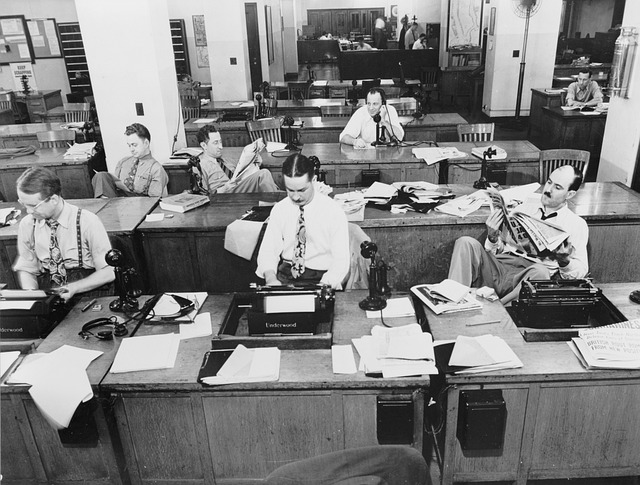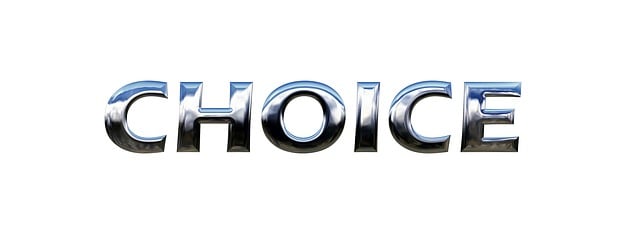Accurate mileage reporting is key to assessing vehicle condition and value. Examining Select Vehicle History Reports (VHRs) and online auto history checks provides detailed records including accidents and maintenance histories. By verifying mileage accuracy through VHRs and cross-referencing data, buyers can make informed decisions when purchasing used cars, avoiding potential issues. Advanced digital tools enhance this process, ensuring precise assessments for enhanced credibility.
“Ensure the accuracy of a vehicle’s mileage is paramount when making an informed purchase. This guide delves into essential practices for verifying mileage, offering a comprehensive approach to maintaining transparency and reliability in the automotive market. From understanding reporting standards to leveraging advanced tools, each step ensures data integrity.
Key strategies include analyzing detailed Vehicle History Reports and cross-referencing multiple data sources. Discover how these methods, combined with modern verification tools, can provide an unparalleled level of scrutiny when evaluating a car’s mileage.”
- Understanding Mileage Reporting Standards
- Analyzing Vehicle History Reports
- Cross-Referencing Data Sources
- Utilizing Advanced Verification Tools
Understanding Mileage Reporting Standards

Accurate mileage reporting is paramount when assessing a vehicle’s condition and value. To ensure reliability, it’s crucial to understand the standards and guidelines set for mileage documentation. These standards dictate how and when mileage data should be recorded, including regular maintenance intervals, service histories, and any significant events that impact the vehicle’s odometer.
When evaluating a car, particularly through Select Vehicle History Reports or performing an auto history check online free, examining these records is essential. Features like instant car history lookup allow access to detailed reports, enabling users to check a car’s accident claims and overall maintenance history. This transparency facilitates informed decision-making for buyers and sellers alike.
Analyzing Vehicle History Reports

When verifying mileage accuracy for a used car, one of the first steps is to analyze its Vehicle History Reports (VHR). These reports provide a detailed account of a vehicle’s past, including ownership changes, maintenance records, and any reported accidents or damage. By checking previous owner records through VHRs, you gain valuable insights into how the car has been maintained and used over time.
This process involves getting vehicle maintenance records, which can reveal regular service history and potential issues that may have affected mileage. Many online platforms offer car record lookup services near me, making it convenient to access these reports. Through thorough analysis of VHRs, you can ensure that the displayed mileage is genuine, helping you make an informed decision when purchasing a used vehicle.
Cross-Referencing Data Sources

When verifying mileage accuracy, cross-referencing data sources is a critical step to ensure authenticity. By comparing various records, such as service logs and historical vehicle inspection reports, car buyers can gain a more comprehensive view of a used car’s past. Select Vehicle History Reports provide a wealth of information on the vehicle’s maintenance history, allowing for an in-depth analysis that goes beyond simple mileage checks.
This method is particularly useful when comparing used car history lookup results from different sources to identify any discrepancies. By examining historical vehicle inspection reports, buyers can verify not just the mileage but also the overall condition of the vehicle at various stages of its life, thereby making informed decisions and avoiding potential issues related to hidden damage or maintenance shortcuts.
Utilizing Advanced Verification Tools

In today’s digital era, verifying a vehicle’s mileage accuracy has become more accessible than ever before, thanks to advanced verification tools. One essential step in this process is selecting reliable Vehicle History Reports (VHRs). These comprehensive reports provide detailed information about a car’s past, including its maintenance records, accident history, and odometer readings. By comparing these records with the current mileage displayed, car ownership verification services can offer a more accurate assessment of a vehicle’s true mileage.
This process leverages the power of an extensive auto accident report database and other relevant data points to construct a detailed vehicle history summary. This approach not only enhances the overall credibility of the vehicle’s condition but also empowers potential buyers to make informed decisions. Utilizing these tools ensures that every step in the car ownership verification process is transparent, efficient, and precise.
To ensure mileage accuracy, it’s essential to employ a multi-faceted approach. Start by understanding industry standards for mileage reporting. Next, analyze detailed vehicle history reports from reputable sources to uncover potential discrepancies. Cross-referencing data across multiple platforms further enhances verification. Finally, leverage advanced tools designed specifically for mileage verification, such as those offered by Select Vehicle History Reports, to gain a comprehensive and reliable picture of a vehicle’s past, thereby minimizing the risk of inaccurate mileage claims.



